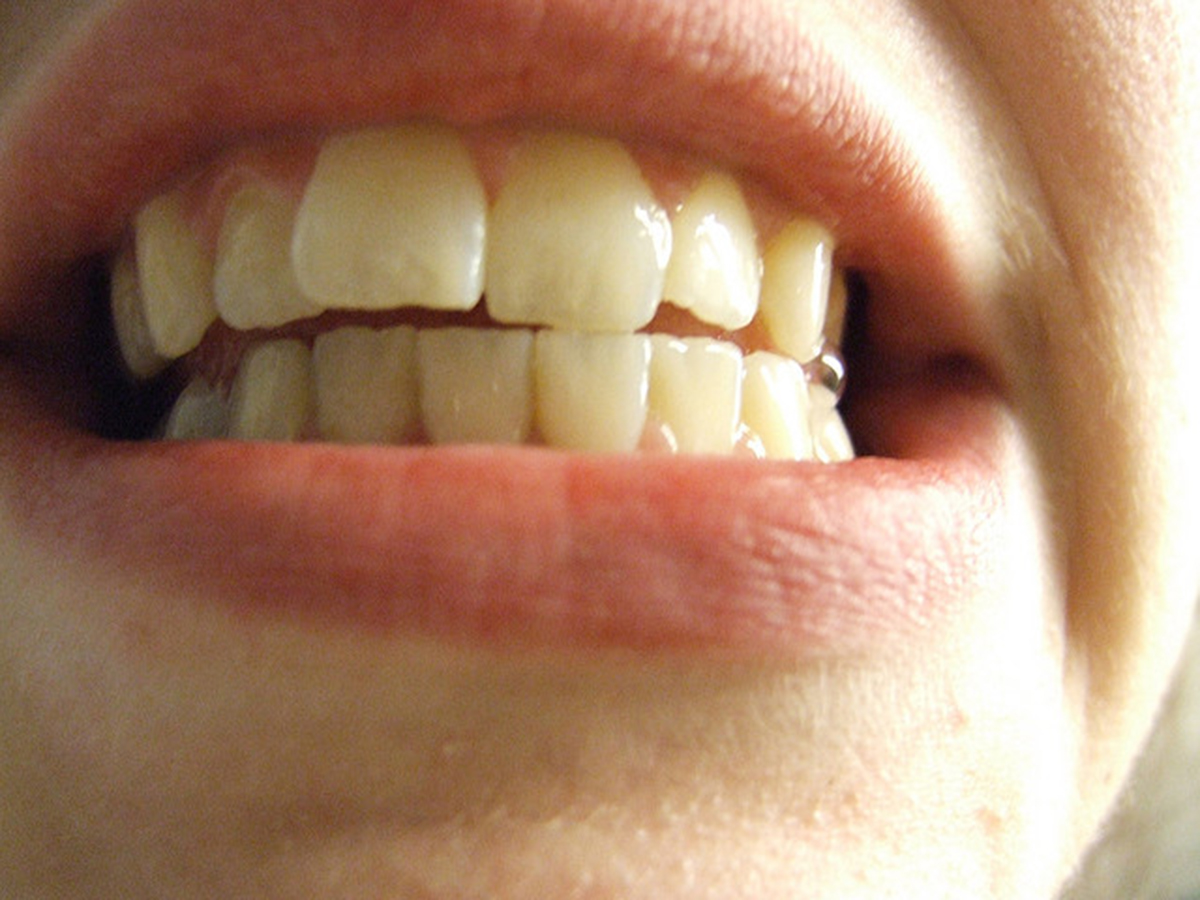There was a time when everyone, including dentists, believed that teeth come with a limited life span. It was thought that one of the effects of old age was the loss of teeth. Casual observation also suggested the same thing, since a lot of senior citizens lost most — if not all — of their teeth. However, as scientific research has progressed and the levels of oral hygiene have improved in populations all over the world, one fact has emerged beyond question: a person’s teeth will last them a lifetime if they are properly taken care of.

Why Do So Many Old People Need Dentures?
This is the first question that people ask when they are told that age has nothing to do with losing your teeth. The answer to that is also extremely straightforward. Tooth disease, including both decay and periodontal disease (gum disease), are slow-progressing and their effects accumulate over a period of time. People delay their treatment until it becomes too late and extraction remains the only possible option. As the numbers of un-replaced teeth grow in the mouth, the other remaining ones also get compromised and become difficult to retain.
How Can You Avoid Dentures?
Unfortunately there is no one thing that you can do or one magical ingredient that you can add to your food that will ensure that you do not lose any of your teeth over your lifespan. That being said, there are some habits that you should incorporate in your daily lives that will ensure the health of your teeth.
Brush Twice A day
This is not revolutionary advice, however it is surprising to know that many people still do not follow this simple rule of oral hygiene. Brushing with a soft tooth brush, a standardized toothpaste and avoiding any overzealous excessive pressure are all simple things that you should keep in mind.
Visit You Dentist For Routine Checkups
We know that most people like to avoid dentist checkups and wait until it is absolutely necessary to make that dreaded journey. However this can actually end up causing you more pain and discomfort when you are at the dentist. In a large majority of the cases, dental diseases are slow to progress. They usually start out as small lesions which can be easily treated in single appointments and without the use of any anesthesia.
READ Fixed Prosthesis: Should You Get Permanent Dentures? (Hint: Yes!)
Also, visiting your dentist at regular intervals means that you are also probably getting your teeth cleaned at every appointment. This cleaning/scaling is the only thing that has been found to be effective in preventing the occurrence of gum disease (Periodontitis). Gum disease in particular is responsible for the loss of more teeth than other dental disease. The chief reason is that it does not cause any pain during its initial and moderate stages.
Healthy Teeth Forever!
Replace Missing Teeth
There can be reasons, either neglect or injury or failed treatment, which can require the extraction of one or several teeth in the mouth. A lot of people get teeth extracted and then do not have them replaced. This is true for the posterior teeth which may not be immediately visible to anyone else. This is one of the most serious mistakes that people can make, and one which is sure to come back and haunt them later. Our teeth are designed by nature to function most efficiently when they are in a complete set. All our teeth have a tendency to drift to the sides and erupt out of their socket until they come in contact with the opposing teeth.

The result at the end of this sequence of events is that the teeth are now out of their desired positions, there is a reduction in the chewing efficacy, mandibular joint problems start to appear and further teeth may need to be extracted as well.
Once these changes have taken place, the space that was left vacant after the extraction of the teeth will get filled up and make the replacement of the teeth even more difficult and extremely complex.
Your Teeth And Your Diet
This is one contentious topic when it comes to the promotion of dental health. The role of diet in the promotion of dental diseases like tooth decay has been established thanks to a number of long-term studies, however it is practically impossible to determine the minimum amount of any particular ingredient above which dental disease will take place. For example, sugar is known to promote the growth of disease-causing bacterial populations in the mouth, however how much sugar is necessary for deleterious effects to occur is unknown. This is why all people can do is to avoid excessive exposure to sweet, sticky food especially at night (protective saliva flow is reduced at night) and limit the amount of carbonated drinks that they consume.
READ Dental Implants as a Solution to Missing Teeth
If you find yourself struggling with dental trouble all the time then it is a sign that you may need to become stricter with your diet.
Healthy Teeth That Last As Long As You Will
The key to keeping all your teeth healthy for life and never having to wear dentures is to develop good habits and then to follow them forever. Small things like maintaining proper hygiene and visiting your doctor on time add up to provide big benefits. Educating yourself about what is possible and the harmful effects of certain practices is the first step in achieving the goal of long lasting dental health.
- Photo courtesy of stimpsonjake: www.flickr.com/photos/128539140@N03/17968038889
- 1. http://www.webmd.com/oral-health/features/healthy-teeth-tips
- www.colgate.com/en/us/oc/oral-health/life-stages/adult-oral-care/article/what-is-good-oral-hygiene


Your thoughts on this